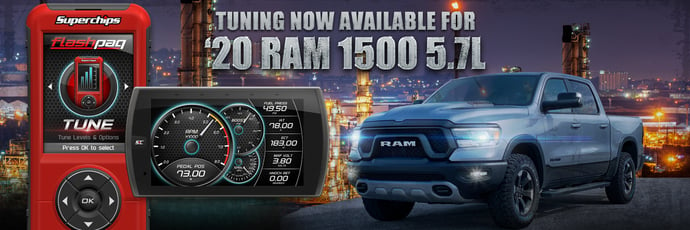I mean, if you never have eTorque, then you obviously have no potential for the fuel savings at all. It's sort of a gamble I guess? But one that's more likely to pay off than not. I get what what you're saying in that if the eTorque craps out and you have to pay out of pocket to fix it, then you lost whatever money you might have saved from it. But it's mostly likely not going to crap out, and even if it does, if it's far enough down the line that you've had years of fuel savings, you might break even. And still have enjoyed it's other benefits.
Again, paying the $1500 for it when it first came out (or $800, or hell even $300) is probably a no-go. But when you pay nothing at all for it up front, I don't see the issue. Stuff like superchargers and 4WD cost money up front AND could cost you to repair them, and while the former could potentially be a "needed" item (moreso than the eTorque system), a super charger is less so (unless you're drag racing or something I guess).
Maybe I'm misunderstanding the argument here, but if you're talking about a "basic cost/benefit" proposal, eTorque seems like a pretty good one to me.














